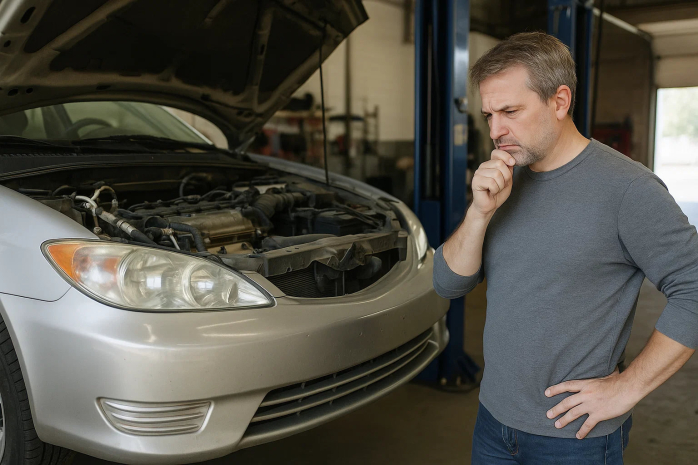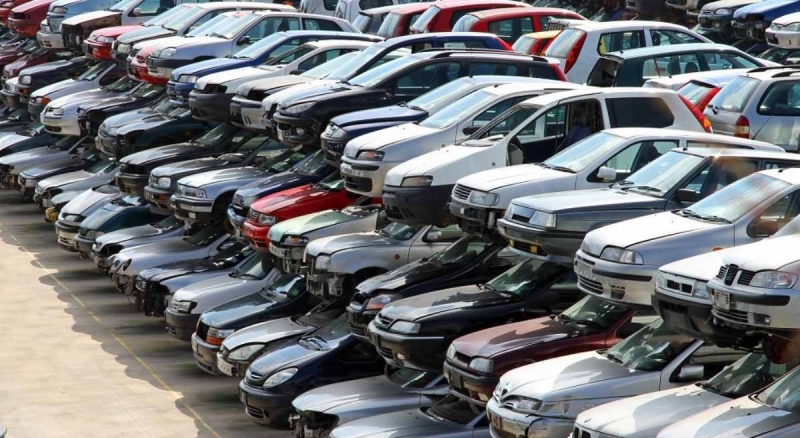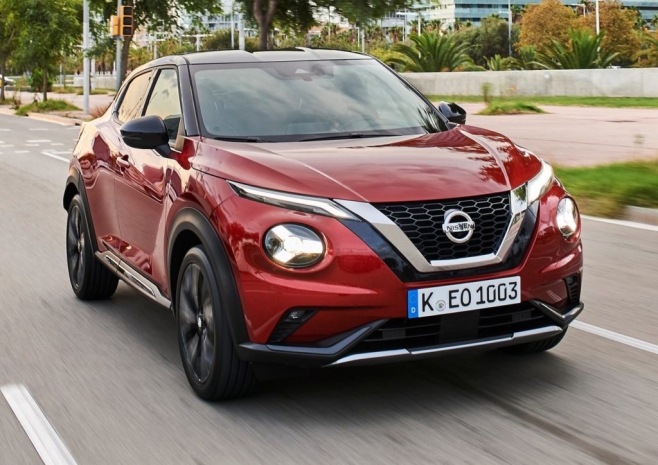As your old car starts racking up repair bills, you'll have to decide whether it is worth fixing or if replacement is the better option. In either case, this is a tough call, especially when you consider how expensive repairs can become as vehicles age. Keep reading to find out which repair bills are worthwhile and which indicate it's time to move on.
Key Factors in Deciding If Repairs Are Worth It
Your car's repair-or-replace decision comes down to a simple formula: weigh repair costs against your automobile's value, assess its current safety and reliability status, and evaluate how frequently major problems occur. These three key metrics create a clear picture of whether to keep investing in repairs or start shopping for a replacement.
Cost of Repairs vs. Your Car’s Market Value
The truth is that not every repair is worth the cost, especially if it approaches or exceeds the vehicle's value. For example, consider a 2010 Honda Civic valued at around $5,000 to $6,000. If it needs a $3,600 automatic transmission replacement, selling the car is the smarter financial choice.
Here’s what you should do to decide:
- Check market value. Use tools like Kelley Blue Book or Edmunds to find your auto's current value.
- Compare costs. Weigh repair costs against potential resale value.
- Evaluate reliability. If your car has a strong history, you can afford the repair cost, and you plan to keep it for years, fixes may be justified.
Safety and Reliability Considerations
Another point to evaluate is its safety. When your car no longer feels safe to drive, it’s a signal that it’s not worth fixing it and it’s time to move on. Brakes that don’t stop as effectively as they once did or steering that feels unreliable can make every drive a source of stress. Think about how much you rely on your auto for daily commutes or long road trips. If the brakes feel off or you’re constantly worried about breaking down in the middle of nowhere, it’s time to seriously evaluate whether repair costs are worth the risk to your safety.
Frequency and Severity of Issues
And, of course, last but not least, think about how often your car needs repairs and the seriousness of these issues. Fixes, especially for major components like the engine or brakes, can be both costly and inconvenient.
Let us come back to our 2010 Honda Civic. The cost of replacing an engine can exceed more than $5,000, depending on whether you choose a used or remanufactured engine. On the other hand, brake pad replacements typically range from $150 to $300 per axle for this model. If these expenses are becoming routine — such as needing multiple brake repairs or facing significant engine issues — it might be time to reassess whether continuing to repair your vehicle is the best choice.
Clear Warning Signs and Common Car Problems Not Worth Fixing
Some problems lead to costly repairs without guaranteeing reliability. These include:
- Chronic mechanical failures;
- Severe structural damage;
- Rust, corrosion, and excessive mileage.
Chronic Mechanical Failures Leading to Diminishing Returns
Major mechanical failures are car problems that are not worth fixing. They don't disappear, and any attempt at repairs would be just a band-aid fix.
For instance, our favorite 2010 Honda Civic has been reported to experience engine issues, such as engine block cracking. Repairing this problem typically involves replacing the block, with costs ranging from $2,500, which is a fair half of its worth. In this scenario, we believe the repair is not justified.
Structural Damage Beyond Economical Repair
Severe structural damage, such as a compromised suspension system, is a clear sign that a car may not be worth repairing. For instance, replacing the suspension system on a 2010 Honda Civic after damage caused by an accident can cost up to $5,000, depending on the extent of the damage, additional parts required, and labor. Thus, if a 2010 Honda Civic in good condition typically has a market value of $5,000 to $6,000, the cost of such repairs can approach or even exceed the vehicle’s worth.
Persistent Rust, Corrosion, and Excessive Mileage
High mileage combined with rust and corrosion can make repairs less practical. The presence of rust weakens the structure of your auto and spreads, leading to expensive repair bills that don’t add significant value. If your car has excessive mileage (200,000+ miles) and is slowly rusting away, just sell it.
Is It Worth Fixing Older Vehicles?
With older vehicles, it can be hard to decide whether to repair or replace them. Beyond the financial aspect, factors like sentimental value and the limitations of aging parts and technology often come into play.
Balancing Sentimental Value vs. Practical Costs
Letting go of a car you’ve had all your life isn’t easy. Maybe it was your first big purchase or perhaps it was the one vehicle everyone liked riding on countless road trips. Nonetheless, when repair costs pile up, ask yourself honestly, “Should I repair or replace my car?” “Is it worth keeping it for nostalgia, or is it time to move on?” Sentimental value is priceless, but it shouldn’t blind you to practical concerns like repair bills and reliability.
Understanding the Limits of Aging Parts and Technology
Another concern is that older automobiles often lack modern safety features and fuel efficiency. As time goes by, parts wear out and you’ll soon find yourself spending more on maintaining outdated technology. Trying to keep an old vehicle running can lead to higher fuel costs and, inevitably, more frequent visits to the mechanic. In this regard, it just makes more sense to replace your old auto with a new one.
Should You Repair or Replace Your Car?
As cars get older, repair costs often increase and make owners weigh these expenses against the advantages of buying a newer model. Along with maintenance costs, modern autos also offer better fuel efficiency and a smaller environmental footprint. So, there’s definitely something to think about.
Comparing Long-Term Maintenance vs. New Purchase Costs
When you struggle to decide whether to repair your car or replace it, start by comparing the long-term maintenance costs of your current vehicle with the price of a newer model.
For instance, if you're facing monthly repair expenses of $300 for an aging auto, that adds up to $3,600 a year. In contrast, a new car might come with a monthly payment of around $400 — totaling $4,800 annually. While the new vehicle requires an upfront investment and monthly payments, it offers peace of mind knowing you’re driving a car with no mileage and no history of damage or issues.
Additionally, many new automobiles come with warranties covering repairs for several years, which can significantly reduce your out-of-pocket expenses. For example, a typical warranty might cover the first 3 years or 30,000 miles.
Factoring in Fuel Efficiency and Environmental Impact
Repair costs are only part of the story; the overall expense of owning an older car deserves just as much attention. Fuel efficiency plays a big role, and older vehicles often fall short compared to newer models. With gas prices averaging $3.04 per gallon, those frequent stops at the pump can quickly add up.
A 2010 Honda Civic, for instance, delivers about 28 miles per gallon combined, while a newer model can achieve up to 36 miles per gallon. Driving 15,000 miles a year, this improvement could save you over $360 annually only on fuel costs alone.
Older automobiles also contribute more to environmental harm through higher emissions. Newer models, built to meet stricter emissions standards, are more fuel-efficient and significantly better for the planet.
Selling Instead of Fixing: Get Cash with JunkCarsUS
When repairs become a burden, JunkCarsUS offers a simple solution. We'll turn your old vehicle into immediate cash. Just call us or complete our online form for a quick offer. Once you accept, our team will schedule a convenient pick-up time and pay you on the spot!




